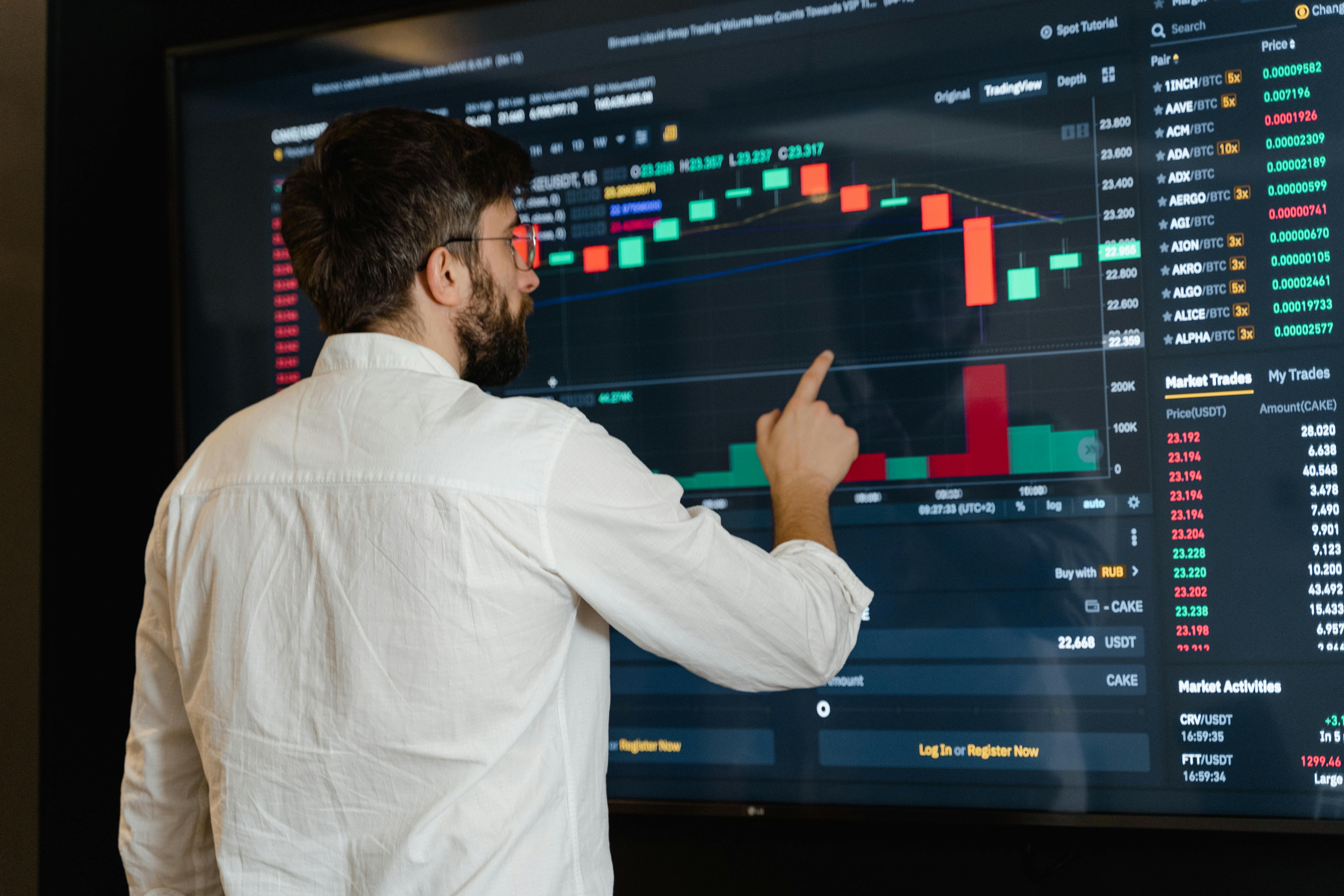
Revolutionizing Property Rights: Blockchain's Transformative Impact on Real World Asset Documentation
Blockchain in Property Rights Documentation: A Comprehensive Analysis
Understanding the Technological Landscape
Blockchain technology has emerged as a groundbreaking solution for property rights documentation, offering unprecedented levels of transparency, security, and efficiency in managing real-world assets. The decentralized nature of blockchain provides a robust framework for recording, verifying, and transferring property ownership across multiple jurisdictions.
Global Regulatory Frameworks
Different international jurisdictions have been developing sophisticated legal frameworks to accommodate blockchain-based property documentation. The United States has been particularly progressive, with states like Wyoming creating specialized blockchain-friendly legislation. In contrast, offshore financial centers like the British Virgin Islands and Cayman Islands have developed nuanced regulatory environments that support digital asset documentation.
Comparative Jurisdiction Analysis
| Jurisdiction | Blockchain Property Rights Legislation | Regulatory Complexity |
|---|---|---|
| United States | Advanced legal frameworks | High |
| Switzerland | Progressive digital asset laws | Medium-High |
| Liechtenstein | Comprehensive blockchain regulation | High |
| Cayman Islands | Flexible offshore digital asset framework | Medium |
Key Blockchain Protocols for Property Documentation
Several innovative blockchain protocols have emerged as leaders in real-world asset tokenization and property rights documentation:
- Chainlink: Provides decentralized oracle networks for secure property data verification
- Polymath: Specializes in security token infrastructure for real estate assets
- Harbor: Offers regulatory-compliant tokenization platforms
- RealT: Fractional real estate ownership through blockchain
Technical Implementation Challenges
Implementing blockchain property rights documentation requires sophisticated technical infrastructure. Developers must address complex challenges such as:
- Ensuring immutable record-keeping
- Implementing robust identity verification mechanisms
- Creating scalable and interoperable blockchain systems
- Maintaining stringent data privacy standards
Market Evolution and Future Projections
The global market for blockchain-based property documentation is experiencing exponential growth. According to recent market research, the blockchain real estate market is projected to reach $2.8 billion by 2028, with a compound annual growth rate of 47.6%.
Security and Authentication Mechanisms
Blockchain provides multiple layers of security through cryptographic techniques, distributed ledger technology, and advanced authentication protocols. Smart contracts enable automated, transparent property transactions while maintaining comprehensive audit trails.
Legal Considerations in International Contexts
Property rights documentation through blockchain requires intricate legal considerations. Different jurisdictions have unique regulatory requirements that necessitate adaptable technological solutions. Successful implementations require collaborative approaches between legal experts, blockchain developers, and regulatory authorities.
Emerging Trends and Innovations
Recent innovations include fractional property ownership, cross-border asset transfers, and advanced tokenization mechanisms that democratize real estate investments. These developments are fundamentally reshaping traditional property rights documentation paradigms.
RWA.codes: Your Strategic Technology Partner
At RWA.codes, we specialize in developing cutting-edge blockchain solutions for property rights documentation. Our expert team combines deep technological expertise with comprehensive legal understanding to create innovative, compliant platforms that transform asset management and documentation processes.
Our services include:
- Custom blockchain development
- Regulatory compliance consulting
- Advanced tokenization strategies
- Secure digital asset infrastructure design